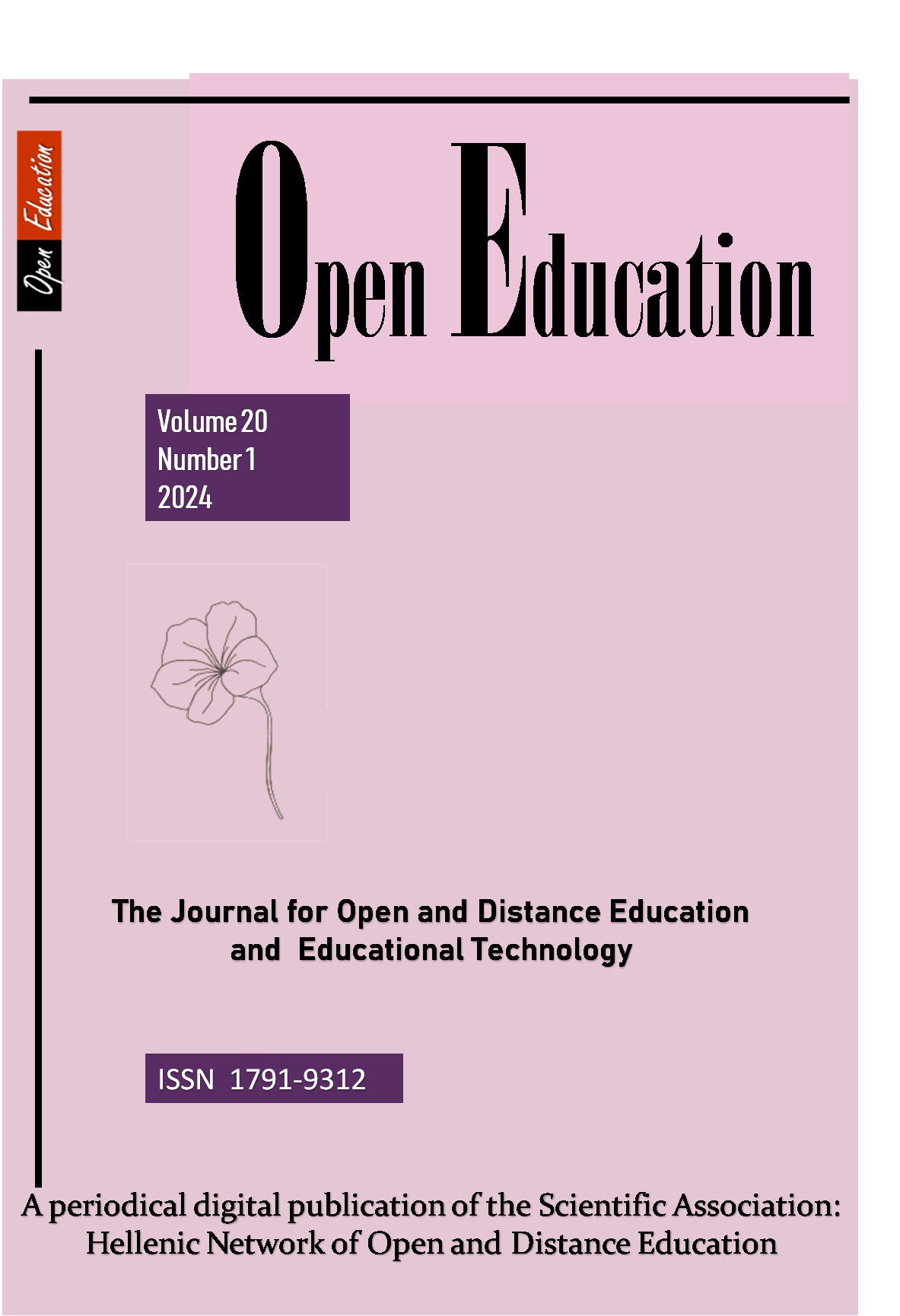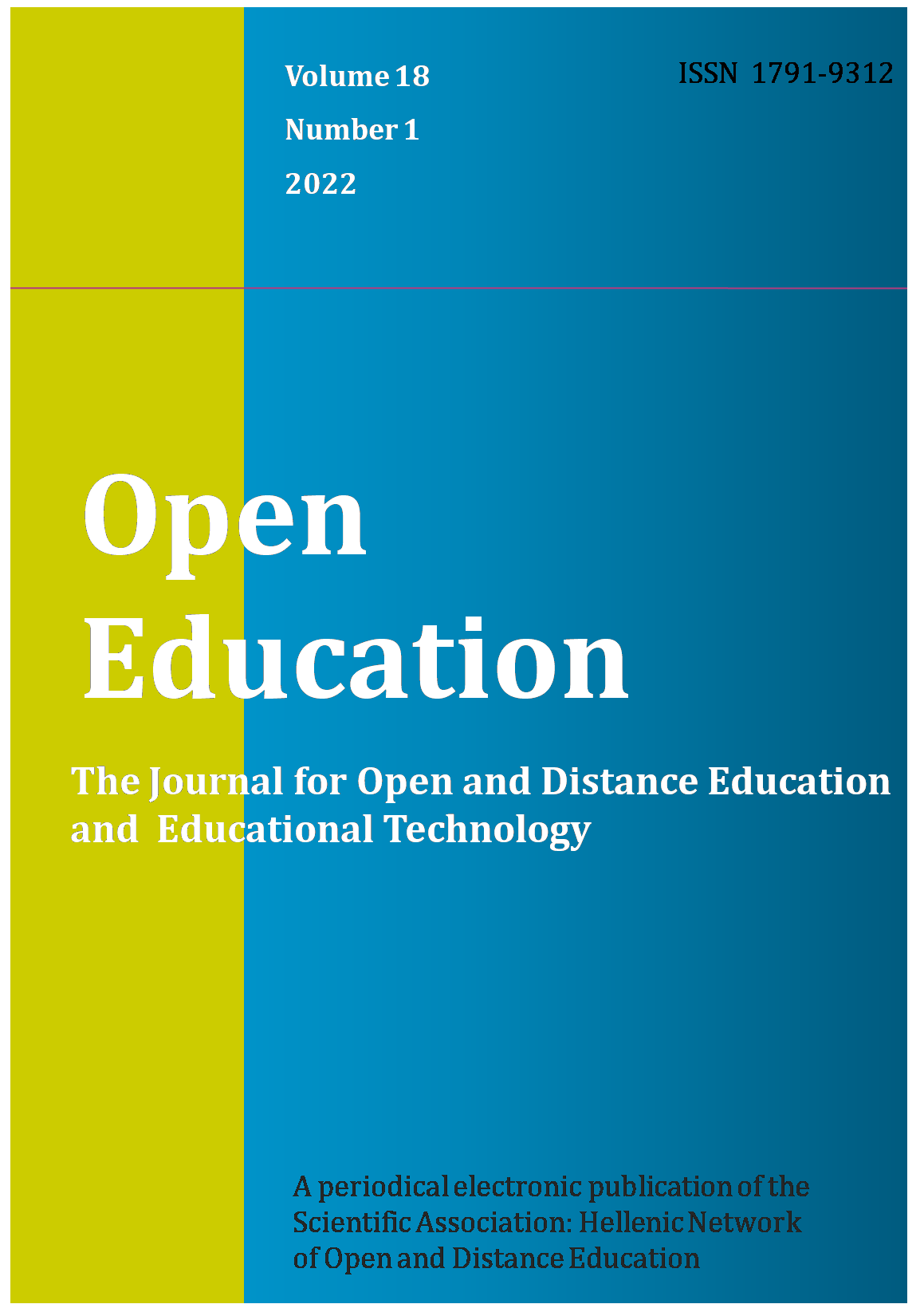Human – Centered Artificial Intelligence in Education. The critical role of the educational community and the necessity of building a holistic pedagogical framework for the use of HCAI in education sector
Resumen
The humanitarian and social aspect of artificial intelligence is the critical factor that will determine the next steps in all aspects of our daily lives, from work and transactions to education, information and entertainment. In the field of education, highlighting the human centric character of artificial intelligence is a prerequisite for the transformation of our educational systems in order to be able to respond in a critical and creative way to the demands of the new era.
This research focuses on the critical role of teachers in the course of the transition and highlighting the basic characteristics of the necessary pedagogical framework for the introduction and critical utilization of Human – Centered Artificial Intelligence in Education.
Article Details
- Cómo citar
-
- Sección
- Άρθρα

Esta obra está bajo una licencia internacional Creative Commons Atribución-NoComercial-CompartirIgual 4.0.
Οι συγγραφείς των άρθρων που δημοσιεύονται στο περιοδικό διατηρούν τα δικαιώματα πνευματικής ιδιοκτησίας επί των άρθρων τους, δίνοντας στο περιοδικό το δικαίωμα της πρώτης δημοσίευσης. Άρθρα που δημοσιεύονται στο περιοδικό διατίθενται με άδεια Creative Commons 4.0 και σύμφωνα με την άδεια μπορούν να χρησιμοποιούνται ελεύθερα, με αναφορά στο/στη συγγραφέα και στην πρώτη δημοσίευση για μη κερδοσκοπικούς σκοπούς και με δικαίωμα τροποποίησης μόνον με παρόμοια διανομή (αν αναμείξετε, τροποποιήσετε, ή δημιουργήσετε πάνω στο υλικό, πρέπει να διανείμετε τις δικές σας συνεισφορές υπό την ίδια άδεια όπως και το πρωτότυπο).



